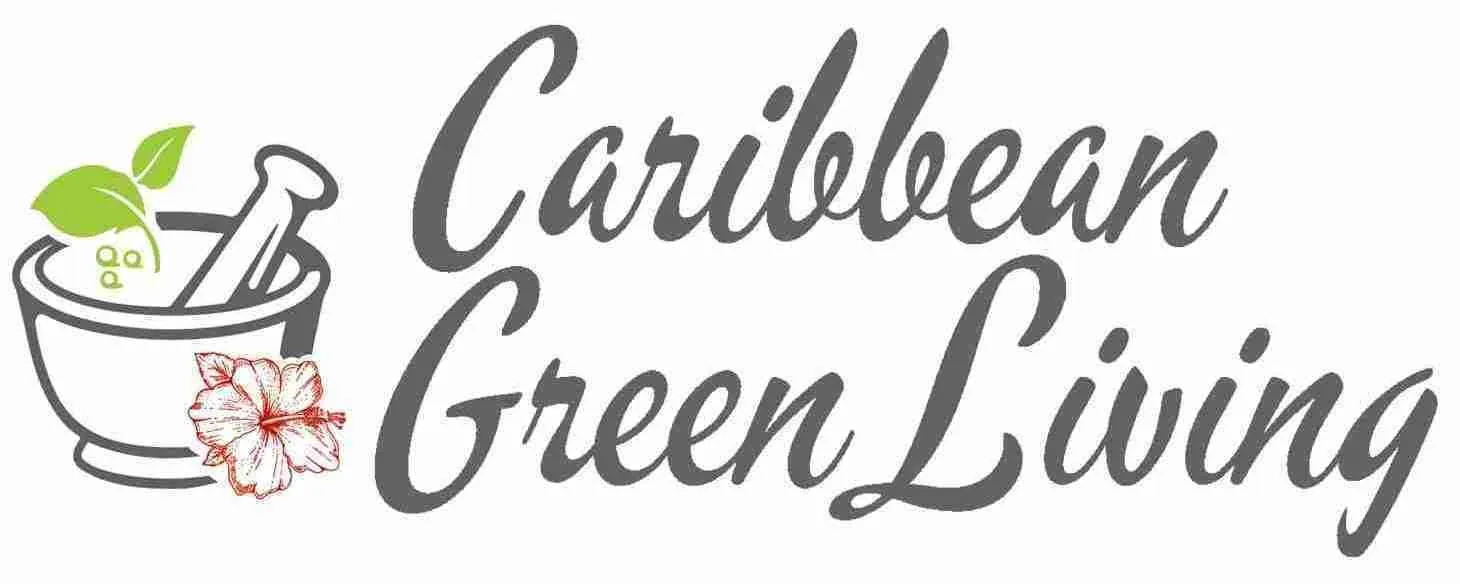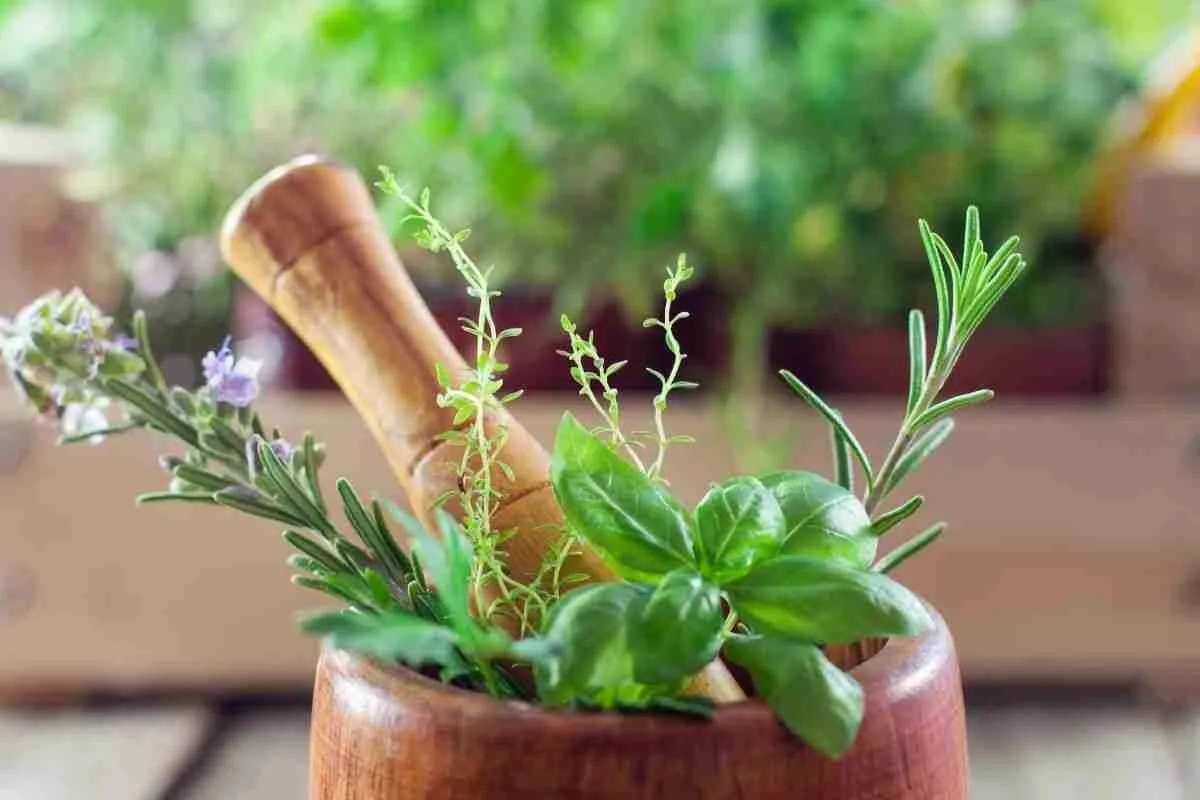Caribbean Cooking: Reduce Sugar and Keep the Flavor + 7 Expert Tips
Imagine delighting your taste buds with the vibrant flavors of the Caribbean while making smarter choices for your health. The enchanting islands are renowned for their rich culinary traditions, but traditional recipes often come laden with sugar. This doesn’t mean you have to sacrifice taste to enjoy lower-sugar versions of your favorite dishes.
In this guide, we unveil seven expert tips to help you reduce sugar in your Caribbean recipes without compromising the irresistible flavors that make them so special. From harnessing the natural sweetness of tropical fruits to exploring spice alternatives, you’ll discover how to enhance your meals and keep your palate happy. Join us on this flavorful journey to savor the true essence of Caribbean cuisine—healthier, sweeter, and just as delicious!
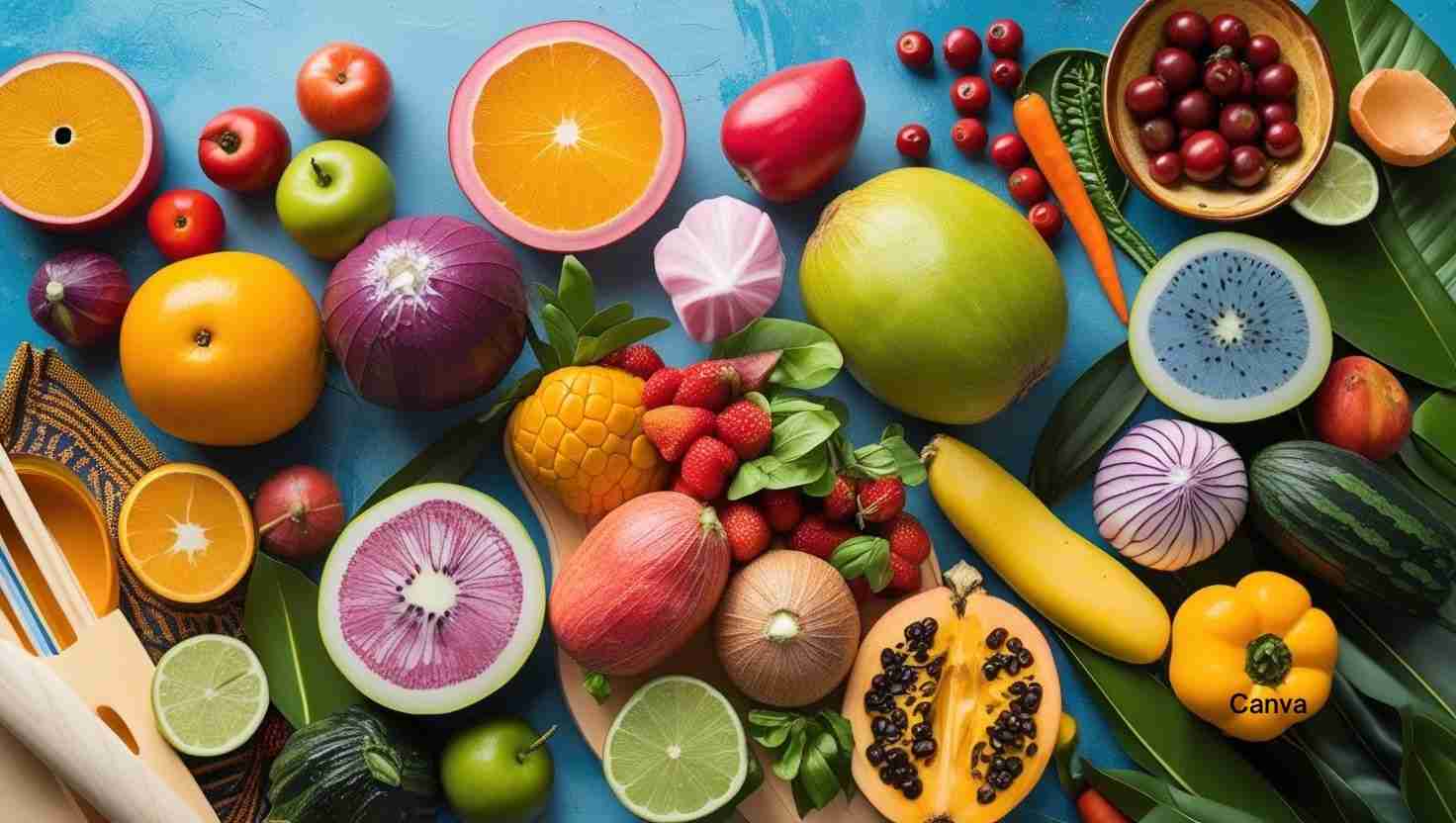
Understanding the Role of Sugar in Caribbean Cuisine
Sugar plays a significant role in many traditional Caribbean dishes, contributing to flavor, texture, and preservation. From sweetening beverages like sorrel and mauby to balancing the heat in curries and providing that irresistible glaze on baked goods, sugar is a cornerstone. However, its pervasive use means that many beloved dishes can be surprisingly high in added sugars, contributing to health concerns if not consumed in moderation.
Health Benefits of Reducing Sugar in Your Diet
The benefits of reducing sugar in your diet are vast and impactful. Lowering sugar intake can lead to improved energy levels, better weight management, reduced risk of type 2 diabetes, and enhanced cardiovascular health. For those who cherish Caribbean cuisine, finding ways to enjoy these flavors with less sugar means enjoying a longer, healthier life without sacrificing culinary pleasure.
1. Exploring Natural Sweeteners as Alternatives
The Caribbean is a treasure trove of natural sweetness! Instead of refined white sugar, consider incorporating alternatives like:
- Agave Nectar: A natural sweetener derived from the agave plant, it’s sweeter than sugar, so you can use less.
- Maple Syrup: While not Caribbean in origin, pure maple syrup offers a distinct flavor and can be a good substitute in many dishes.
- Date Syrup/Paste: Made from blended dates, this offers a rich, caramel-like sweetness and fiber.
- Stevia/Monk Fruit: These natural, calorie-free sweeteners are excellent for beverages and desserts where you want sweetness without the sugar content. Start with small amounts as they are much sweeter than sugar.
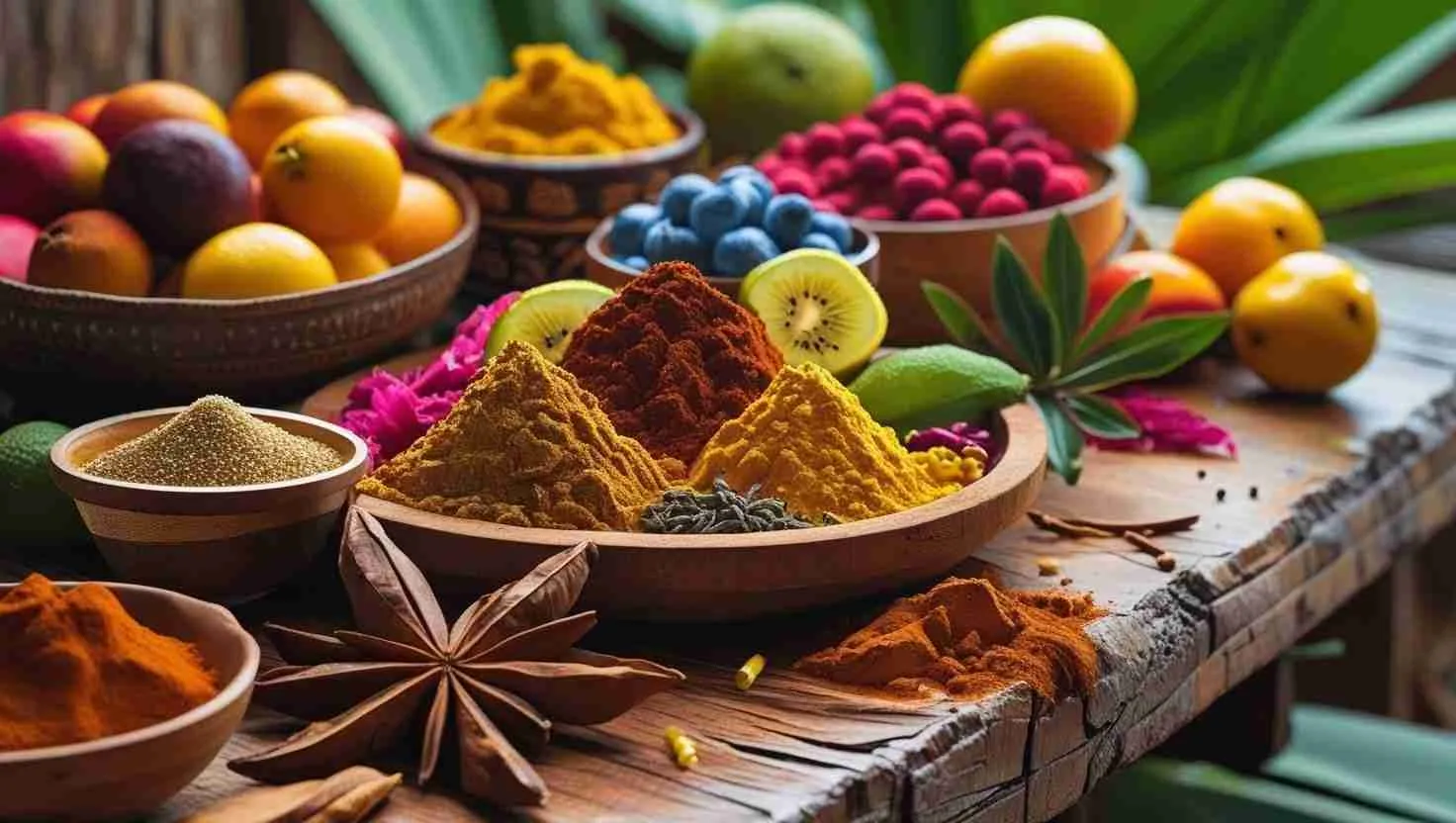
2. Spices and Herbs: Enhancing Flavor Without Sugar
The secret to incredible Caribbean flavor often lies in its vibrant array of spices and herbs. These can dramatically enhance dishes, reducing the need for added sugar to boost taste.
- Cinnamon, Nutmeg, Allspice: These warm spices add a natural sweetness and depth to desserts, porridges, and even some savory dishes.
- Vanilla Extract: A staple in Caribbean baking, vanilla provides a comforting sweetness without adding sugar.
- Ginger: Fresh or ground ginger adds a spicy, aromatic kick that can elevate both sweet and savory recipes.
- Star Anise, Cloves, Cardamom: Experiment with these powerful spices to create complex flavor profiles that delight the palate.
3. Creative Cooking Techniques to Reduce Sugar
Sometimes, it’s not just about what you add, but how you cook it.
- Roasting and Caramelizing Vegetables: Roasting vegetables like sweet potatoes, carrots, and plantains brings out their natural sugars, creating a sweet and savory experience without added sugar.
- Reduction: For sauces and glazes, slowly reducing liquids concentrates their flavors, intensifying natural sweetness, and reducing the need for added sugar.
- Macerating Fruits: Let cut fruits sit with a touch of lime juice and a hint of a natural sweetener (if desired) to draw out their juices and natural sweetness.
4. Incorporating Fruits for Natural Sweetness
The Caribbean is blessed with an abundance of sweet, succulent fruits. Embrace them!
- Ripe Plantains: As plantains ripen, their starch converts to sugar, making them naturally sweet. Use ripe plantains in porridges, baked goods, or as a side dish.
- Mangoes, Papayas, Pineapples: These tropical powerhouses can sweeten smoothies, salsas, and even curries. Their vibrant flavors and natural sugars are a healthier alternative.
- Coconut Water: A natural electrolyte and mild sweetener, coconut water can be used in beverages and even some savory dishes for a subtle sweetness.
5. Balancing Flavors: Sweet, Savory, and Spicy Combinations
Caribbean cuisine is a masterclass in flavor balance. By skillfully combining sweet, savory, and spicy elements, you can reduce sugar without losing depth.
- Acids (Lime, Vinegar): A squeeze of fresh lime juice or a dash of vinegar can brighten flavors and provide a perception of sweetness, even with less sugar.
- Salt: A tiny pinch of salt can actually enhance the perception of sweetness in dishes.
- Heat (Scotch Bonnet, Habanero): The fiery kick of Caribbean peppers can create a dynamic contrast that reduces the desire for overwhelming sweetness.
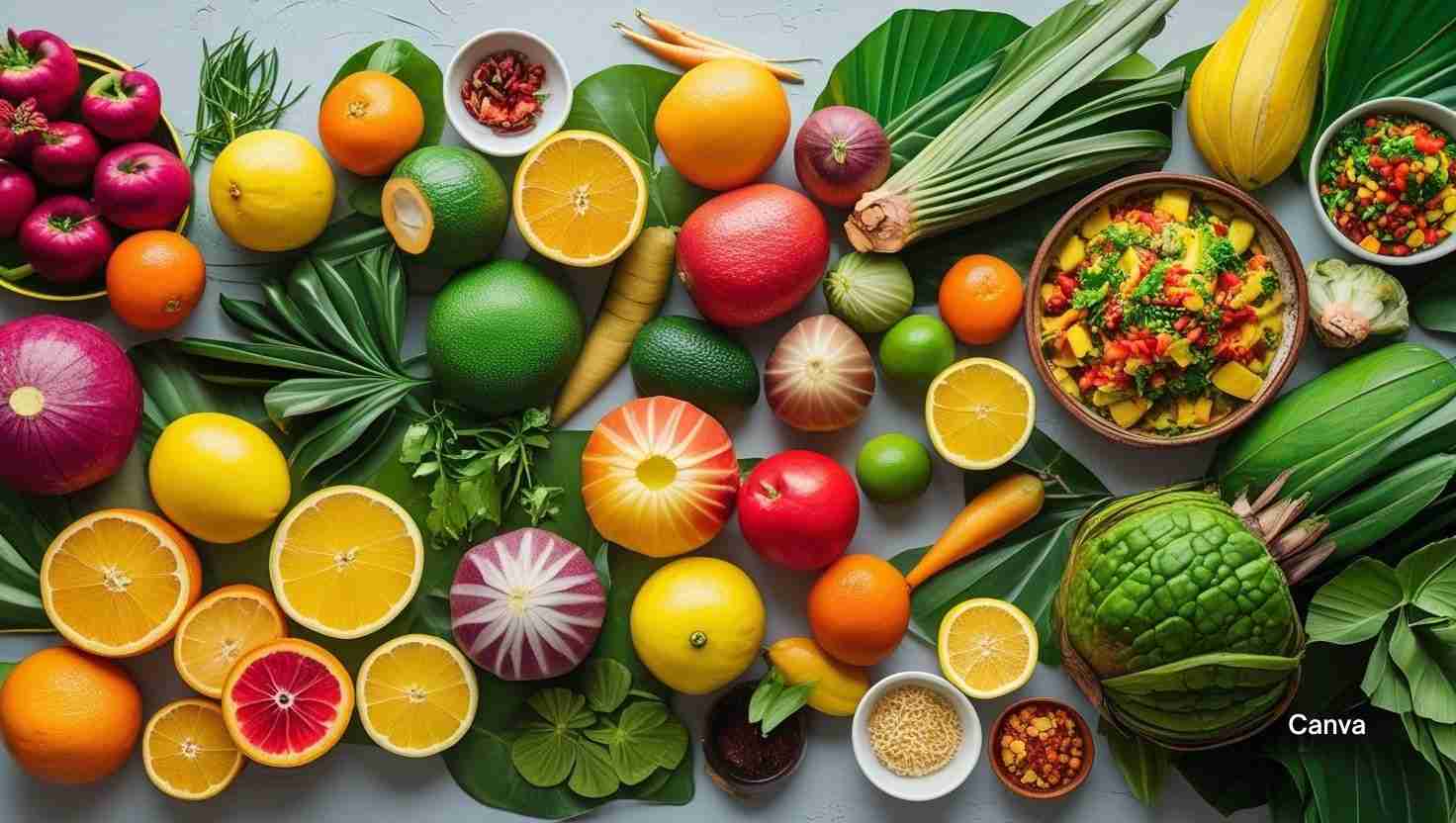
6. Tips for Adjusting Traditional Recipes
Don’t be afraid to experiment with your favorite family recipes!
- Gradual Reduction: Start by reducing the sugar by 25% in a recipe. If it still tastes good, try 30% or even 50% next time. I have done this with my baked goods – mainly cakes, and I don’t really miss the sugar.
- Taste as You Go: This is crucial! As you add natural sweeteners or spices, continually taste and adjust. This is important as it will benefit people following a strict diet, and people who suffer from diabetes and high blood pressure.
- Focus on Other Flavors: If you’re cutting sugar, ensure other flavor components like herbs, spices, citrus, and aromatics are prominent to compensate.
7. The Importance of Taste Testing and Adjustments
This cannot be stressed enough. Every palate is different, and every ingredient batch can vary. As you venture into reducing sugar, consistent taste testing is your best friend. Adjust as needed until you hit that perfect balance that satisfies your cravings without the sugar overload.
Conclusion: Embracing Healthier Caribbean Cooking
Reducing sugar in your Caribbean dishes doesn’t mean sacrificing the irresistible flavors you love. By embracing natural sweeteners, leveraging the power of spices, exploring creative cooking techniques, and understanding flavor balance, you can create healthier versions of your favorite meals that are just as delicious, if not more so.
Join us on this flavorful journey to savor the true essence of Caribbean cuisine—healthier, sweeter, and just as delicious! What are your favorite tips for reducing sugar in your cooking? Share them in the comments below!
References
Here are some references to support the claims and tips in the blog post, “Savor the Flavor: 7 Expert Tips to Reduce Sugar in Your Caribbean Dishes Without Compromising Taste”:
1. On the Role of Sugar in Caribbean Cuisine & Health Concerns:
- Mitchell, D. (2006). Sugar in the Caribbean: Adjusting to Eroding Preferences. World Bank Publications. This report provides historical context on sugar’s economic and cultural significance in the Caribbean, highlighting its pervasive presence.
- Sharma, S., et al. (2020). Nutritional adequacy and dietary disparities in an adult Caribbean population of African descent with a high burden of diabetes and cardiovascular disease. Nutrients, 12(2), 481. This study delves into dietary patterns in the Caribbean, including the consumption of sugar-sweetened beverages and their link to chronic diseases.
- Accessible via: https://pmc.ncbi.nlm.nih.gov/articles/PMC7063363/
- Diabetes Canada. (2022). Tastes of the Caribbean. This resource discusses the role of common Caribbean foods, including those with added sugars, in relation to blood sugar management.
2. On Health Benefits of Reducing Sugar:
- World Health Organization (WHO). (2015). Guideline: Sugars intake for adults and children. This guideline provides global recommendations on sugar intake and highlights its association with obesity, tooth decay, and non-communicable diseases.
- Vreman, R. A., et al. (2017). Health and economic benefits of reducing sugar intake in the USA, including effects via non-alcoholic fatty liver disease: A microsimulation model. BMJ Open, 7(8), e013543. While US-focused, this research provides strong evidence for the health and economic benefits of reducing added sugar consumption, including a reduced risk of various chronic diseases.
3. On Natural Sweeteners & Flavor Enhancement:
- University Hospitals. (2022). Are ‘Natural’ Sweeteners Healthier Than Sugar? This article discusses various natural sweeteners, their properties, and considerations for their use, providing a good overview for a general audience.
- EBSCO Research Starters. (n.d.). Sweetener. This provides a general overview of natural and artificial sweeteners, including historical notes on sugar cane’s spread to the Caribbean.
- Precision Nutrition. (n.d.). All About “Natural” Sweeteners. This resource offers insights into various natural sweeteners and how they compare to refined sugars in terms of sweetness and impact.
- Accessible via: https://www.precisionnutrition.com/all-about-natural-sweeteners
4. On Cooking Techniques & Fruit Incorporation:
- The University of the West Indies. (n.d.). Glycemic Indices of Caribbean foods and application in dietary lifestyle intervention for management of Type 2 Diabetes Mellitus. This research highlights how different cooking methods (e.g., roasting vs. boiling) can impact the glycemic index of Caribbean foods, indirectly supporting the idea of bringing out natural sugars through certain techniques.
